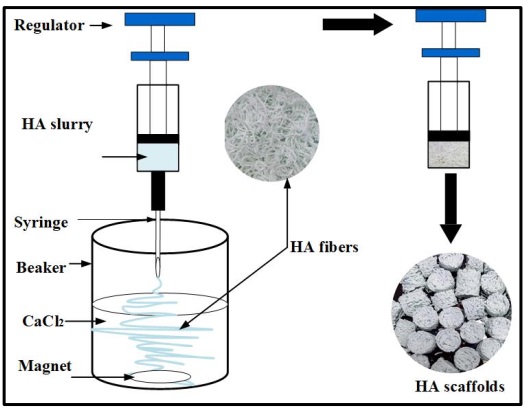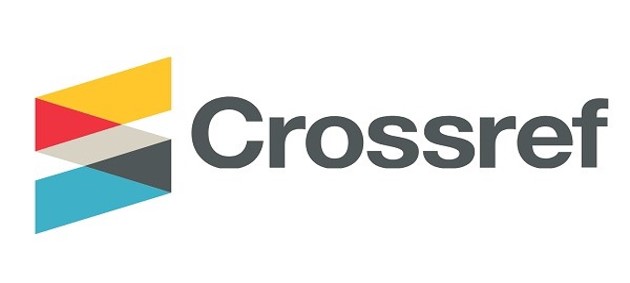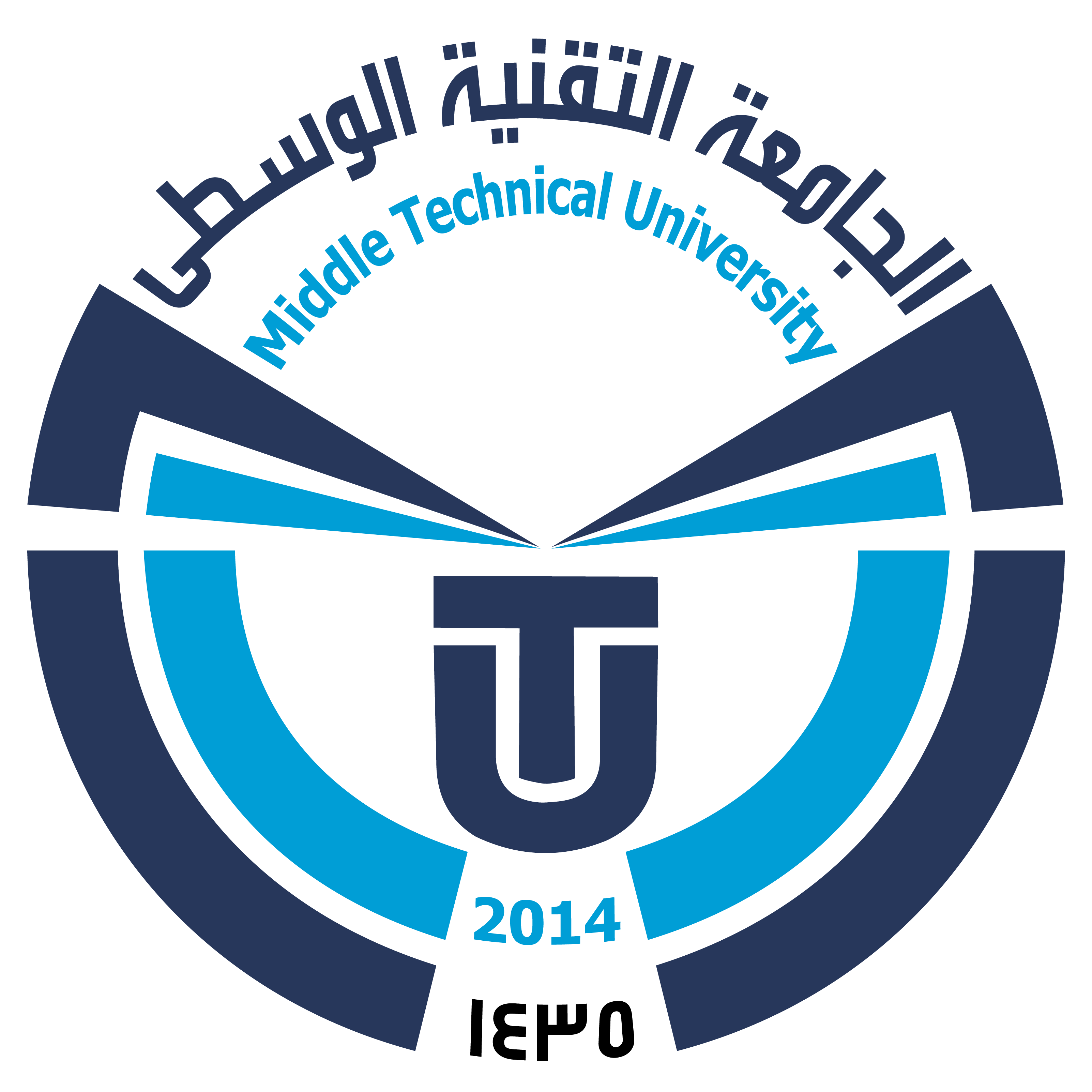Release of Copper / Magnesium Ions from Hydroxyapatite-Based Fiber Scaffolds Hasten Bone Healing and Regeneration
DOI:
https://doi.org/10.51173/jt.v6i3.2567Keywords:
Scaffolds, Hydroxyapatite, Ions, Copper, MagnesiumAbstract
Releasing inorganic ions from Ca/P biomaterials could provide an alternative approach to using growth factors to improve bone healing. Two types of hydroxyapatite HA fiber scaffolds, copper-doped (CuHA) and magnesium-doped (MgHA), were fabricated by using the sol-gel method. Two types of scaffolds were immersed in simulated body fluid SPF (i,e, Phosphate Buffered Saline PBS) for 30 days. The results after immersions indicated the amount of Cu and Mg ions released from scaffolds. A low amount of Mg and Cu ions could improve vascular endothelial growth factor (VEGF) and angiogenesis around bone, thus can hasten bone healing and regeneration.
Downloads
References
N. Eliaz and N. Metoki, "Calcium Phosphate Bioceramics: A Review of Their History, Structure, Properties, Coating Technologies and Biomedical Applications," Materials, vol. 10, no. 4, 2017, https://doi.org/10.3390/ma10040334.
A. Fihri, C. Len, R. S. Varma, and A. Solhy, "Hydroxyapatite: A review of syntheses, structure and applications in heterogeneous catalysis," Coordination Chemistry Reviews, vol. 347, pp. 48-76, 2017, https://doi.org/10.1016/j.ccr.2017.06.009.
C. Combes, S. Cazalbou, and C. Rey, "Apatite Biominerals," Minerals, vol. 6, no. 2, 2016, https://doi.org/10.3390/min6020034.
M. Šupová, "Substituted hydroxyapatites for biomedical applications: A review," Ceramics International, vol. 41, no. 8, pp. 9203-9231, 2015, https://doi.org/10.1016/j.ceramint.2015.03.316.
Leilei, Zhang, Li Hejun, Li Kezhi, Liu Shoujie, Zhang Yulei, Yao Pei, Zhang Wenqi, and Chen Guanzheng, "Multi-layer SiC/Mg and F co-substituted hydroxyapatite/chitosan bioactive coating for carbon fibers," Materials Letters, vol. 164, pp. 360-363, 2016, https://doi.org/10.1016/j.matlet.2015.10.167.
S. K. R. S.K. Ghosh, B. Kundu, S. Datta, D. Basu, Synthesis of nano-sized hydroxyapatite, powders through solution combustion route under different reaction conditions, and M. S. E. 14–21., "Synthesis of nano-sized hydroxyapatite powders through solution combustion route under different reaction conditions," Materials Science and Engineering: B 176, no. 1, 14-21, 2011, https://doi.org/10.1016/j.mseb.2010.08.006.
W. P. Wijesinghe et al., "Facile synthesis of both needle-like and spherical hydroxyapatite nanoparticles: effect of synthetic temperature and calcination on morphology, crystallite size and crystallinity," Mater Sci Eng C Mater Biol Appl, vol. 42, pp. 83-90, Sep 2014, https://doi.org/10.1016/j.msec.2014.05.032.
S. K. O. Kaygili, R.H.A. Orainyc, T. Ates, F. Yakuphanoglu, In vitro characterization, M. S. of polyvinyl alcohol assisted hydroxyapatite derived by sol-gel method, and E. C. 239–244., " In vitro characterization of polyvinyl alcohol assisted hydroxyapatite derived by sol-gel method", Materials Science and Engineering: C 35, 239-244 2014, https://doi.org/10.1016/j.msec.2013.11.001.
Wang, Peipei, Caihong Li, Haiyan Gong, Xuerong Jiang, Hongqiang Wang, and Kaixing Li. "Effects of synthesis conditions on the morphology of hydroxyapatite nanoparticles produced by wet chemical process." Powder Technology 203, no. 2, 315-321, 2010, https://doi.org/10.1016/j.powtec.2010.05.023.
Mroczek-Sosnowska, Natalia, Ewa Sawosz, Krishna Prasad Vadalasetty, Monika Łukasiewicz, Jan Niemiec, Mateusz Wierzbicki, Marta Kutwin, Sławomir Jaworski, and André Chwalibog. "Nanoparticles of copper stimulate angiogenesis at systemic and molecular level." International journal of molecular sciences 16, no. 3, 4838-4849, 2015, https://doi.org/10.3390/ijms16034838.
Luca, Ludmila, Anne-Laure Rougemont, Beat H. Walpoth, Robert Gurny, and Olivier Jordan. "The effects of carrier nature and pH on rhBMP-2-induced ectopic bone formation." Journal of controlled release 147, no. 1, 38-44, 2010, https://doi.org/10.1016/j.jconrel.2010.06.011.
M. A. Saghiri, A. Asatourian, J. Orangi, C. M. Sorenson, and N. Sheibani, "Functional role of inorganic trace elements in angiogenesis-Part II: Cr, Si, Zn, Cu, and S," Crit Rev Oncol Hematol, vol. 96, no. 1, pp. 143-55, Oct 2015, https://doi.org/10.1016/j.critrevonc.2015.05.011.
Xiao D.-Q., Wang D.-W., Ren J.-C., Duan K., Yao N., Lu X., Zheng X.-T., Weng J. Synthesis and Characterization of Copper-substituted Hydroxyapatite Microspheres. J. Inorg. Mater.;29:769–775, 2014, doi: 10.3724/Sp.J.1077.2014.13532.
N. J. Lakhkar, I. H. Lee, H. W. Kim, V. Salih, I. B. Wall, and J. C. Knowles, "Bone formation controlled by biologically relevant inorganic ions: role and controlled delivery from phosphate-based glasses," Adv Drug Deliv Rev, vol. 65, no. 4, pp. 405-20, Apr 2013, https://doi.org/10.1016/j.addr.2012.05.015.
Y. W. Chen, T. T. Hsu, K. Wang, and M. Y. Shie, "Preparation of the fast setting and degrading Ca-Si-Mg cement with both odontogenesis and angiogenesis differentiation of human periodontal ligament cells," Mater Sci Eng C Mater Biol Appl, vol. 60, pp. 374-383, Mar 2016, https://doi.org/10.1016/j.msec.2015.11.064.
F. Ren, Y. Leng, R. Xin, and X. Ge, "Synthesis, characterization and ab initio simulation of magnesium-substituted hydroxyapatite," Acta Biomater, vol. 6, no. 7, pp. 2787-96, Jul 2010, https://doi.org/10.1016/j.actbio.2009.12.044.
M. Sadat-Shojai, M. T. Khorasani, E. Dinpanah-Khoshdargi, and A. Jamshidi, "Synthesis methods for nanosized hydroxyapatite with diverse structures," Acta Biomaterialia, vol. 45, no. 45, pp. 7591-7621, 2015, https://doi.org/10.1016/j.actbio.2013.04.012.
Sadat-Shojai, Mehdi, Mohammad-Taghi Khorasani, and Ahmad Jamshidi, "Hydrothermal processing of hydroxyapatite nanoparticles—A Taguchi experimental design approach," Journal of Crystal Growth, vol. 361, pp. 73–84, 2012, https://doi.org/10.1016/j.jcrysgro.2012.09.010.
G.-S. Lee, J.-H. Park, U. S. Shin, and H.-W. Kim, "Direct deposited porous scaffolds of calcium phosphate cement with alginate for drug delivery and bone tissue engineering," Acta biomaterialia, vol. 7, no. 8, pp. 3178-3186, 2011, https://doi.org/10.1016/j.actbio.2011.04.008.
Gomes, Sandrine, Charlotte Vichery, Stéphane Descamps, Hervé Martinez, Amandeep Kaur, Aurélie Jacobs, Jean-Marie Nedelec, and Guillaume Renaudin, "Cu-doping of calcium phosphate bioceramics: From mechanism to the control of cytotoxicity," Acta Biomaterialia, vol. 65, pp. 462-474, 2018, https://doi.org/10.1016/j.actbio.2017.10.028.
Sekine, Kazumitsu, Minoru Sakama, and Kenichi Hamada. "Evaluation of strontium introduced apatite cement as the injectable bone substitute developments." In 2013 35th Annual International Conference of the IEEE Engineering in Medicine and Biology Society (EMBC), pp. 858-861. IEEE, 2013, https://doi.org/10.1109/EMBC.2013.6609636.

Downloads
Published
How to Cite
Issue
Section
License
Copyright (c) 2024 Adil Elrayah, Nabil Kadhim Taieh, Jie Weng, Dongqin Xiao, Azher S Barrak

This work is licensed under a Creative Commons Attribution 4.0 International License.
















